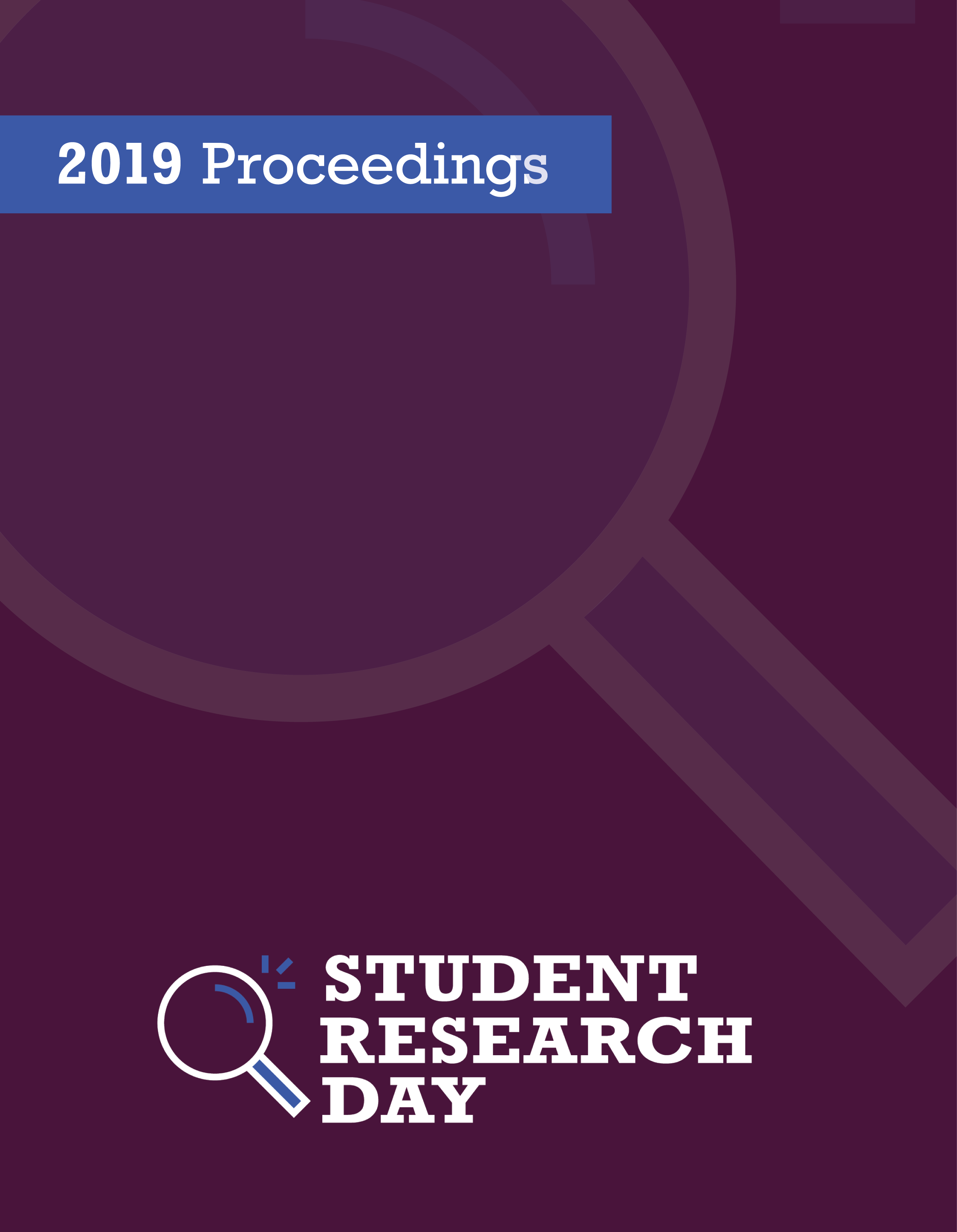Reducing Attitude Polarization Through Common Group Identity
Abstract
According to social identity theory, individuals derive a sense of belonging and fulfillment from the social groups they belong to. As a result, an individual has an inherent need to protect said group identity, which can lead to an overall negative perception of outsiders. In politics, this can be problematic because it can motivate people to display such ingroup biases towards their political groups. However, group identity is somewhat fluid, and people can change their priorities and behaviors based on the identity salient at any one time. Based on this reasoning, we primed a shared group identity in political opponents, and simultaneously made them aware the overall dangers of political polarization. Canadian participants read a fictional news article depicting both Conservatives and Liberals as becoming increasingly extreme, and how this extremity is harming Canada as a whole, or a fictional news article depicting their political party as becoming more extreme. We had two main hypotheses: first, individuals would have more favorable evaluations of the other side when a Canadian identity was primed. Second, participants would become more moderate when they learned of the effects of polarization. We found that while there was little improvement in perceptions of other-side, individuals did rate other-side as significantly less biased. Second, in a post-hoc analysis, we found that participants did indeed moderate their own extremity in the Canadian identity condition, but only on economic issues. Priming group identity between political opponents decreased animosity and moderated extremity, but the effects were small and inconsistent.
Faculty Mentor: Craig Blatz
Department: Psychology (Honours)
References
Published
Issue
Section
License
Authors retain any and all existing copyright to works contributed to these proceedings.



